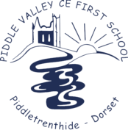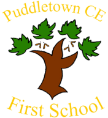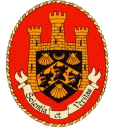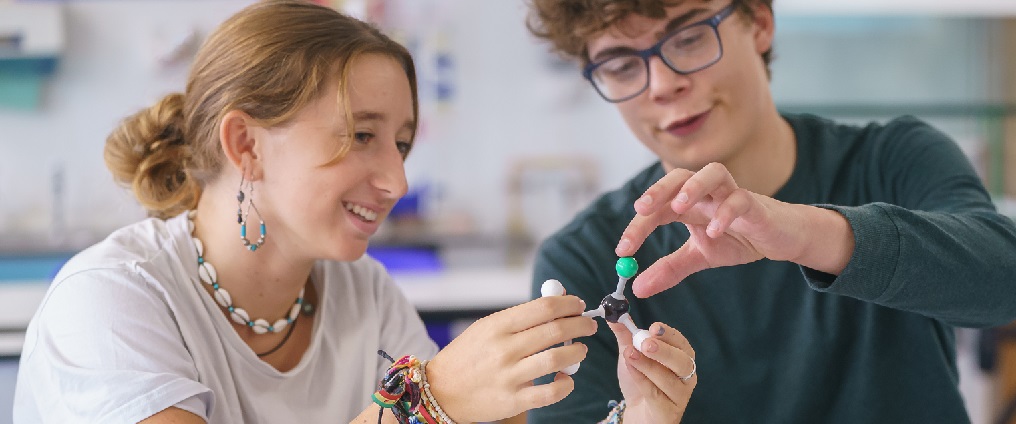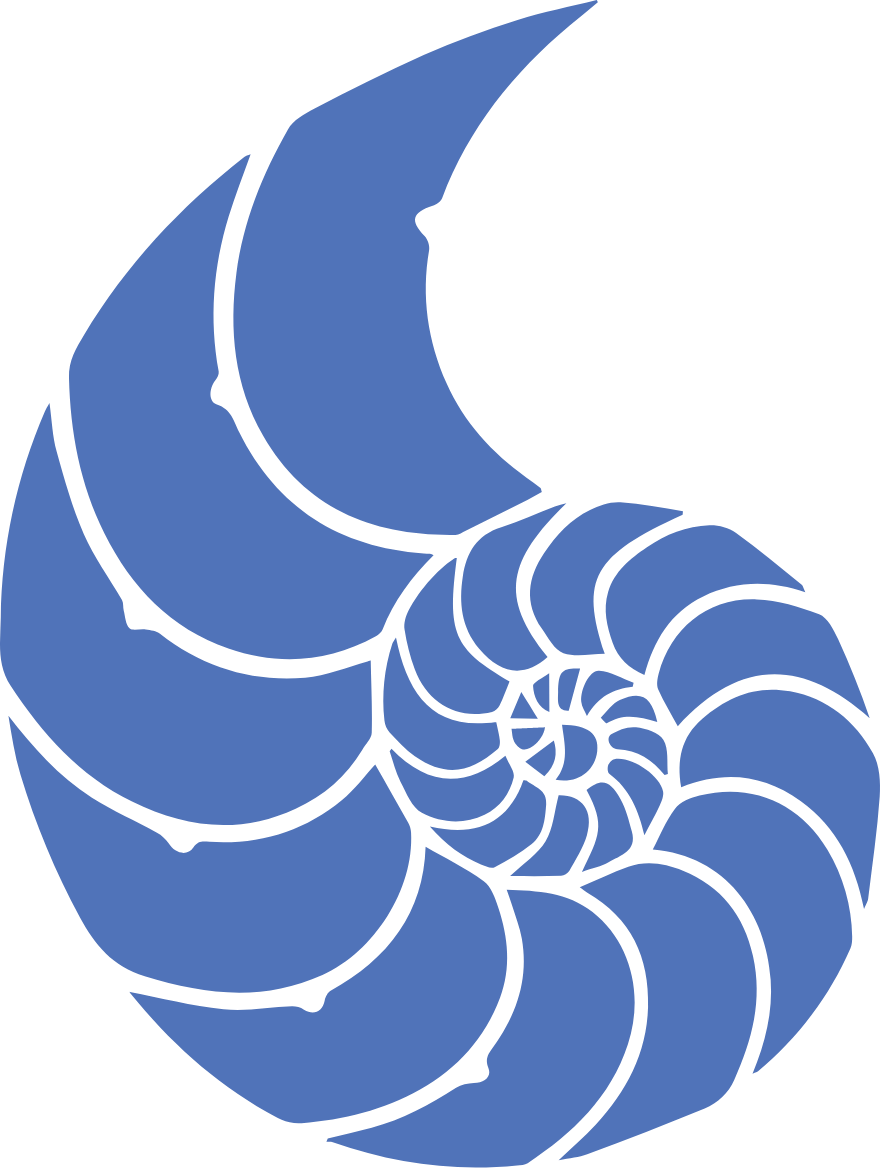
Science
Why Study Science at The Purbeck School?
Science is the best way we have of understanding the world around us.
At The Purbeck School, our Science curriculum is designed to provide students with a rigorous and engaging education that equips them with the knowledge, skills, and scientific literacy necessary for success in an ever-evolving world. Our intent is to inspire curiosity, foster critical thinking, and develop a deep appreciation for the natural world while promoting the values of aspiration, resilience, and kindness.
The departmental vision is to produce outstanding future scientists. This involves preparing students to progress to science A Levels (or equivalent) or apprenticeships and instilling the vital transferable skills needed for all students to make informed scientific decisions in society, regardless of future career choices.
Science teaching aims to give all students a strong understanding of the world around them whilst acquiring specific skills and knowledge to help them to think scientifically, gain an understanding of scientific processes and an appreciation of the uses and implications of science, today and for the future.
How is Science taught?
- KS3 (year 7 science) – Students are taught in mixed ability classes for 6 hours each fortnight by two teachers. Students cover 6 KS3 units, x2 Biology, x2 Chemistry and x2 Physics).
- KS3 (year 8 science) – Students are taught in mixed ability classes for 6 hours each fortnight by two teachers. Students cover 6 KS3 units, x2 Biology, x2 Chemistry and x2 Physics).
- KS3/4 transition (year 9 science until autumn half-term) – Students are taught in mixed ability classes for 9 hours each fortnight by three specialist teachers. Students cover 3 KS3/KS4 units, x1 Biology, x1 Chemistry and x1 Physics).
- KS4 (year 9 science from autumn half-term) – Students are taught in mixed ability classes for 9 hours each fortnight by three specialist teachers. Students cover introductory GCSE units (Biology, Chemistry and Physics).
- KS4 (year 10 combined science) – Students are taught in either a higher or foundation mixed ability classes for 9 hours each fortnight by three specialist teachers. Students cover remaining Paper 1 GCSE units (Biology, Chemistry and Physics).
- KS4 (year 10 triple science) – Students are taught higher mixed ability classes for 15 hours each fortnight by three specialist teachers. Students cover remaining Paper 1 GCSE units (Biology, Chemistry and Physics).
- KS4 (year 11 combined science) – Students are taught in either a higher or foundation mixed ability classes for 9 hours each fortnight by three specialist teachers. Students cover remaining Paper 2 GCSE units (Biology, Chemistry and Physics).
- KS4 (year 11 triple science) – Students are taught higher mixed ability classes for 15 hours each fortnight by three specialist teachers. Students cover remaining Paper 2 GCSE units (Biology, Chemistry and Physics).
Rationale and ambition for The Purbeck School Science Curriculum:
- Our curriculum is content specific, coherent, cumulative and challenging.
- Revise and improve time cements the foundations and closes the knowledge/skills gap.
- Deliberate practice is planned that provides a variety of contexts to use and apply knowledge and skills.
- Review and improve time celebrates students successes and allows intervention opportunities.
- Formative assessment is specific and checks student understanding regularly. It identifies errors and misconceptions, which are addressed rapidly.
- Low stakes quizzing supports students learn knowledge and skills off by heart.
- Concrete, pictorial and abstract representations are used to provide students access to new learning.
- Scientific language is developed until fluent and confident.
Key concepts:
The concepts that The Purbeck School Science curriculum aims to support student progression in are:
|
BIOLOGY |
CHEMISTRY |
PHYSICS |
|---|---|---|
|
KS3 |
||
| Structure and function of living organisms incl. cells | The particulate nature of matter | Energy |
| Photosynthesis and cellular respiration | Atoms, elements and compounds | Motion and forces |
| Relationships in an ecosystem | Pure and impure substances | Waves |
| Genetics and evolution | Chemical reactions | Electricity and electromagnetism |
| Energetics | Matter | |
| The Periodic table | Space physics | |
| Materials | ||
| Earth and atmosphere | ||
| KS4 | ||
| Cell biology | Atomic structure and the periodic table | Energy |
| Photosynthesis | Structure, bonding and the properties of matter | Forces |
| Transport systems | Chemical changes | Forces and motion |
| Health, disease and the development of medicines | Energy changes in chemistry | Wave motion |
| Coordination and control | Rate and extent of chemical change | Electricity |
| Ecosystems | Chemical analysis | Magnetism and electromagnetism |
| Evolution, inheritance and variation | Chemical and allied industries | The structure of matter |
| Earth and atmospheric science | Atomic structure |
If you want to read how we assess pupils’ progress through the Science curriculum, you can read about it here.
If you would like to read about how we support students with SEND, you can read about it here.








